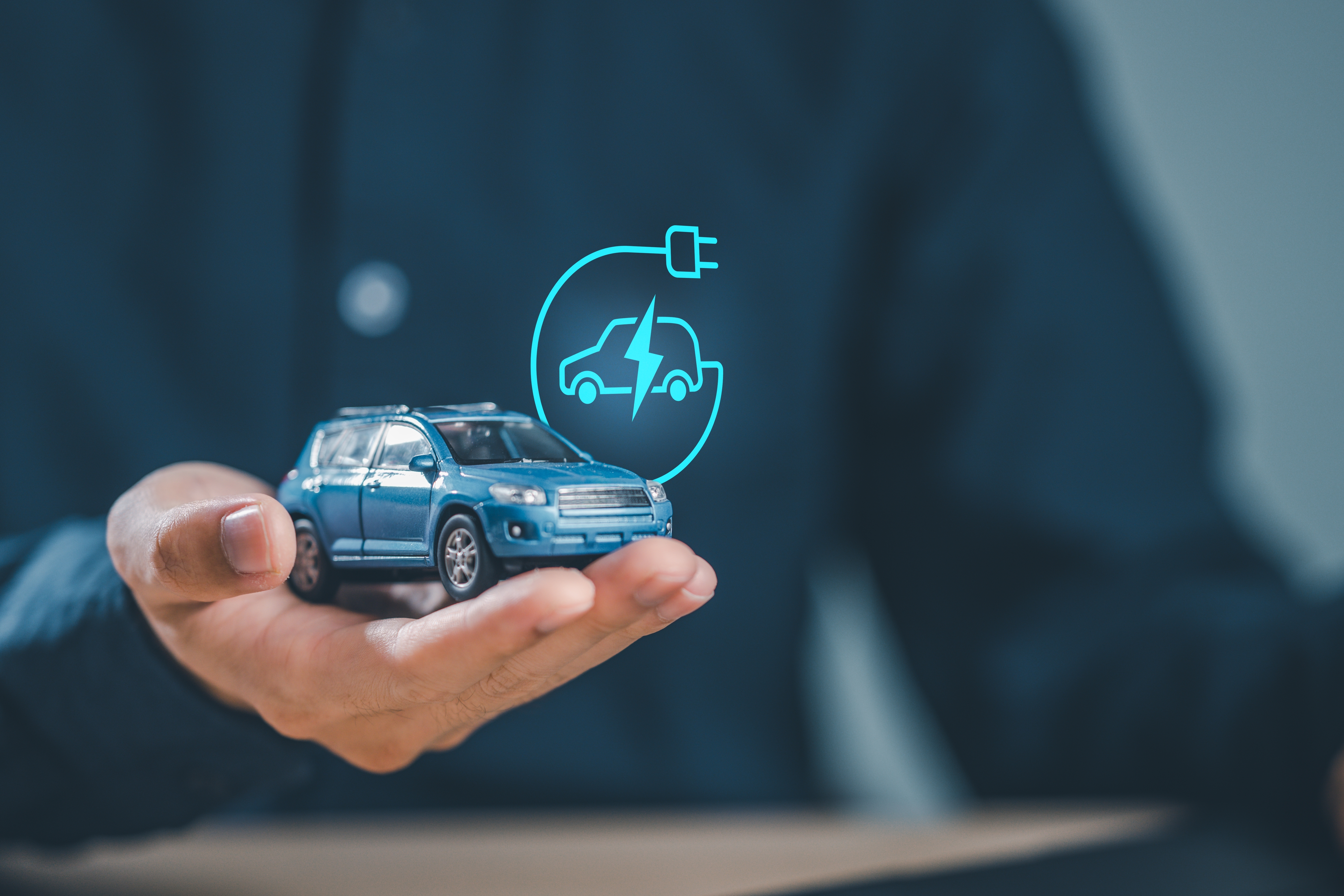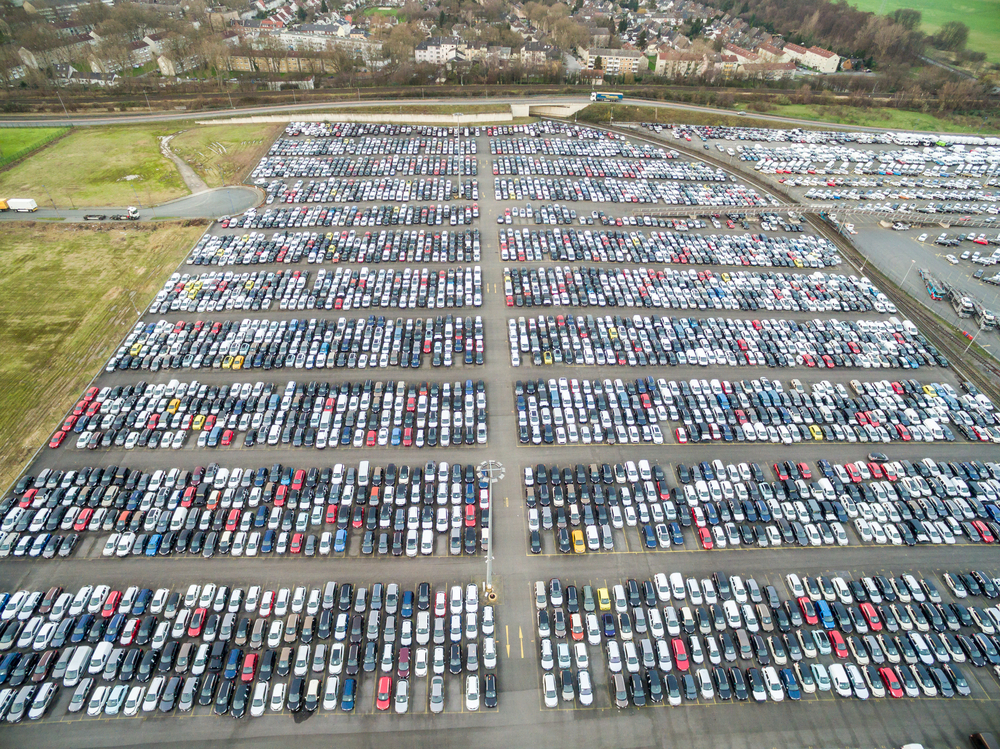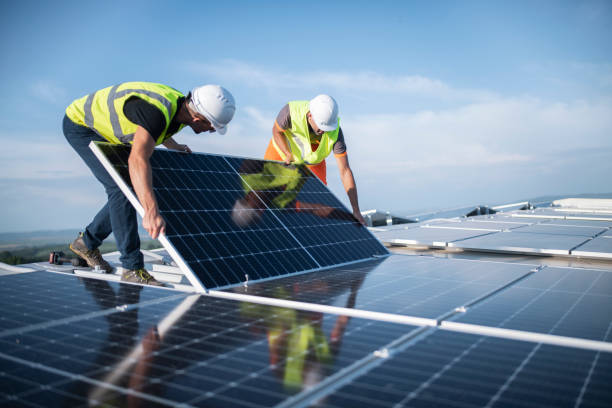Powering the EV Future: Home Charging Solutions and Business Opportunities Explained
The electric vehicle (EV) revolution is in full swing, with EVs taking center stage as a sustainable alternative to traditional gasoline-powered cars. Central to this transformation is the infrastructure required to keep these vehicles charged and ready to go. Whether you’re an EV owner looking for a home charging solution or a business exploring opportunities in EV charging, understanding the landscape of EV charging solutions is essential. In this article, we’ll delve into the details of electric car chargers for homes, explore the role of EV charging station manufacturers in various regions, and examine the evolving business opportunities in EV charging.

Understanding Home Chargers Unplugged
Home charging represents the primary charging method for most EV owners. Level 1 charging uses standard 120V household outlets, providing 3-5 miles of range per hour. Level 2 charging requires 240V outlets, similar to those used for electric dryers, delivering 12-60 miles of range per hour, depending on the vehicle and charger specifications.
EV Charging Manufacturers Insights
The EV charging manufacturing sector encompasses established electrical companies and specialized charging equipment producers. These manufacturers develop various charging solutions, from basic residential units to advanced commercial systems with smart features like load management, scheduling capabilities, and mobile app integration.
Business Booms in EV Charging
The EV charging infrastructure market presents diverse business opportunities. These include charger installation services, maintenance contracts, charging network operations, and software platforms for managing charging stations. Property owners can generate revenue by installing charging stations in parking facilities, while entrepreneurs can establish charging networks.
Level Up Chargers Explained
Charging equipment varies significantly in capability and features. Level 1 chargers typically come with vehicles as standard equipment. Level 2 chargers require professional installation but offer faster charging speeds. DC fast chargers, primarily for commercial use, can provide up to 80% charge in 30 minutes, though they require substantial electrical infrastructure.
Home Charging Made Easy
Installing a home charging system involves several steps: electrical assessment, charger selection, and professional installation. Many utility companies offer incentives or special rates for home charging installations, while some regions provide tax credits or rebates for EV charging equipment.
| Charging Level | Installation Cost Range | Charging Speed | Typical Usage |
|---|---|---|---|
| Level 1 | £0-£200 | 3-5 miles/hour | Home backup |
| Level 2 | £500-£1,500 | 12-60 miles/hour | Primary home charging |
| DC Fast Charging | £20,000-£50,000 | 80% in 30 minutes | Commercial use |
Prices, rates, or cost estimates mentioned in this article are based on the latest available information but may change over time. Independent research is advised before making financial decisions.
The EV charging industry continues expanding alongside electric vehicle adoption. Whether for residential use or business ventures, understanding charging solutions helps navigate this growing market effectively. As technology advances and infrastructure expands, charging options become increasingly accessible and efficient for all stakeholders.




